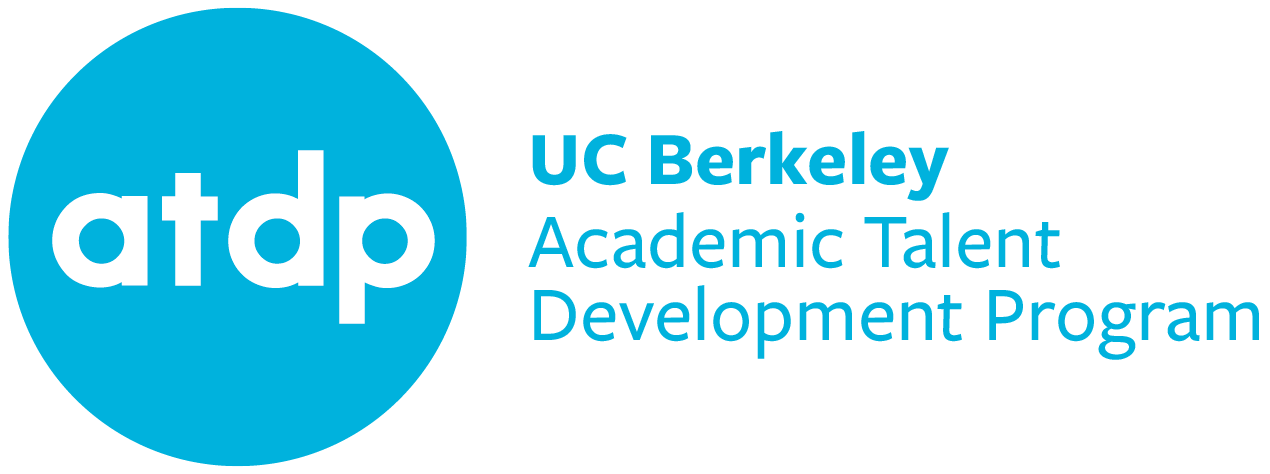Every year, over 150 students enroll in an accelerated mathematics course at ATDP. These courses, which include Algebra I, Geometry, Algebra II, Pre-calculus, and AP Calculus, cover an entire school year’s worth of subject matter over the course of six weeks. This means that what is normally taught in 180 days is instead being taught in 18 days. Simplified even more, this means that every class meeting of an ATDP accelerated mathematics course covers the instruction and material that is generally taught in ten days of school. With so much to learn in so little time, accelerated math classes at ATDP require a great deal of commitment.
- Commitment alone is not enough for students to succeed in accelerated mathematics courses.
- If students do not score well on the placement test, especially if they score below 80%, it indicates that they lack a mastery of mathematics material, which will impede on their ability to learn at the fast pace that is required in accelerated mathematics courses.
- Success is dependent on mastery of prerequisite mathematics skills and knowledge.
- Success in accelerated mathematics courses also requires well-developed academic skills.
Yet commitment alone is not enough for students to succeed in these classes. As the chair of ATDP’s mathematics department and a graduate student researcher in UC Berkeley’s Graduate School of Education, I was interested in determining how students’ past academic and mathematics experiences and prior knowledge influence their odds of success in ATDP’s fast-paced mathematics courses, and why.
In order to answer these questions, I designed a research study to examine the achievement of ATDP students who participated in accelerated mathematics courses between the years of 2004 and 2006 (Young, 2008). In this study, three of the variables I examined were students’ most recent report card grade in math, students’ most recent academic grade point average (GPA), and students’ score on the ATDP administered placement test (Mathematics Diagnostic Testing Project, 2006). These variables were chosen because they each represent a measurable form of students’ past educational experiences and the academic knowledge and skills they obtained prior to coming to ATDP.
Results of statistical analyses indicated that students’ placement test scores were strongly significant predictors of success in ATDP accelerated mathematics courses. Students who scored 90% or above on their placement test were more than 10 times as likely to receive a letter grade in their ATDP course than students who scored an 80%, and were more than 20 times as likely to receive a letter grade than those who scored a 70%. Students’ GPA’s were also a significant predictor of success. Students’ with a 4.0 GPA were more than six times as likely to receive a letter grade than those with a 3.0 GPA, and were more than 12 times as likely to receive a letter grade than those with a 2.0 GPA. In contrast, students’ most recent math grade was not a significant predictor of success when placement test score and GPA were taken into consideration. That is, students with low placement test scores or GPA’s were not more likely to succeed if they had an “A” in their last math class as opposed to a “B” or a “C.”
What does this mean? Students who are most likely to succeed in ATDP accelerated mathematics courses are those who have mastered prerequisite mathematics skills and knowledge, as demonstrated by a high score on the placement test. If students do not score well on the placement test, especially if they score below 80%, it indicates that they lack a mastery of mathematics material, which will impede on their ability to learn at the fast pace that is required in accelerated mathematics courses.
In addition to mastery of skills, students who are most likely to succeed in ATDP accelerated math courses also possess well-developed academic skills (e.g., study skills, organization, active learning), which are reflected by a high GPA, as students who are successful in school in all academic subjects tend to posses these skills. Finally, receiving an “A” or even an “A+” in mathematics during the school year does not increase a student’s odds of success in an accelerated mathematics course given a low placement test score and/or GPA. Though many students and parents believe that a high grade in the student’s most recent math class indicates that the student is prepared to take an ATDP accelerated mathematics course, the findings from this study do not support this. Being the top student in one’s middle or high school mathematics course is not sufficient evidence of preparedness for an accelerated mathematics course at ATDP.
References
- Mathematics Diagnostic Testing Project. (2006). The California State University/University of California Mathematics Diagnostic Testing Project. Retrieved July 12, 2007, from http://mdtp.ucsd.edu/purposes.shtml
- Young, A. (2008). Predictors of mathematics achievement among academically talented middle and high school students. Paper presented at the Annual Meeting of the American Educational Research Association, New York.
